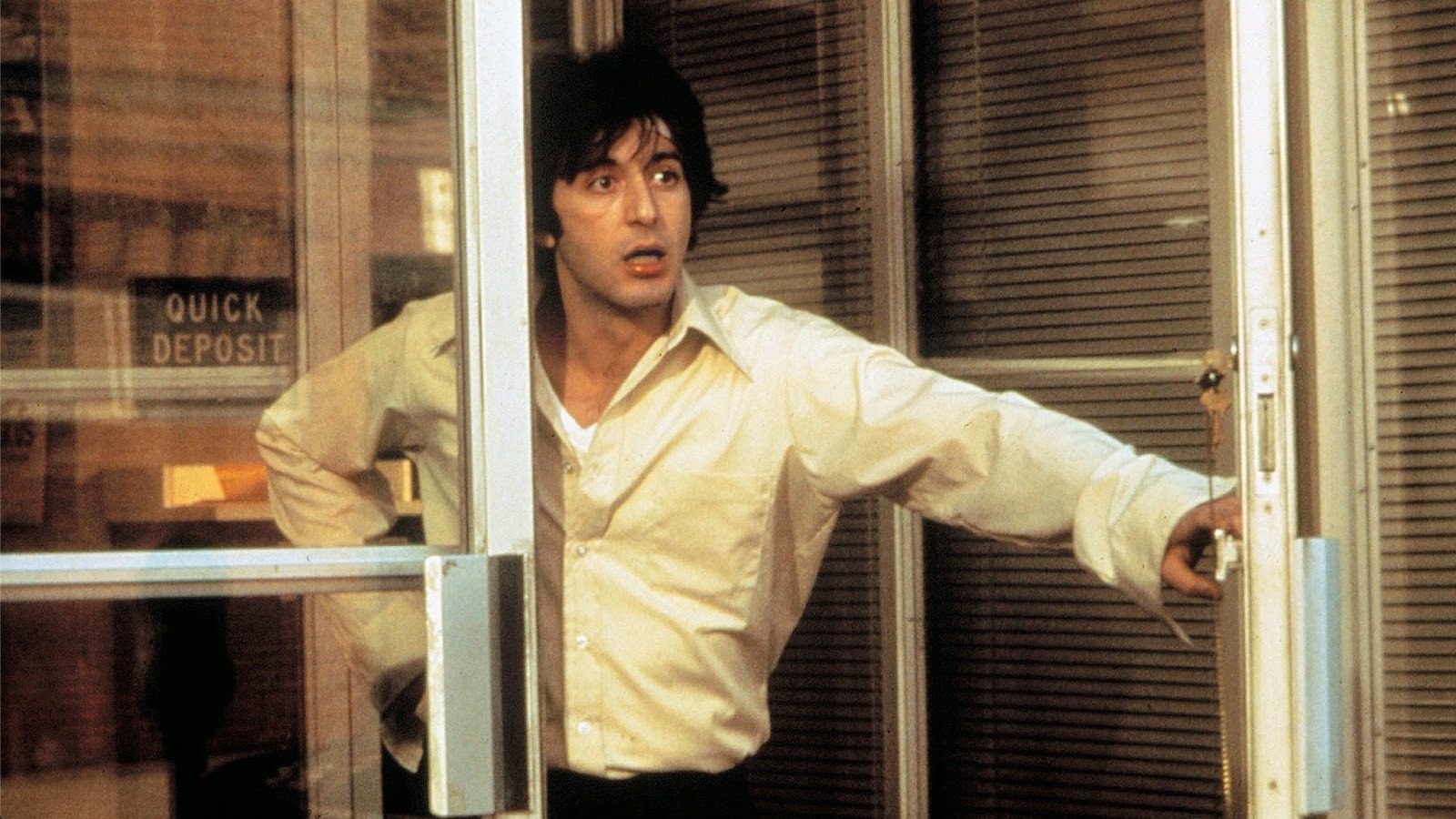
Al Pacino’s Determination to Exclude a Scene from Dog Day Afternoon
In the gripping 1975 film Dog Day Afternoon, directed by Sidney Lumet and inspired by the Life Magazine article The Boys in the Bank by P.F. Kluge, Al Pacino takes on the role of Sonny Wortzik, an amateur bank robber. Alongside his accomplices, including Sal portrayed by John Cazale, Sonny aims to execute a straightforward heist at the First Brooklyn Savings Bank. However, things quickly spiral out of control. With one of his partners, Stevie, bolting from the scene and only $1,100 available after a botched timing, the tension escalates. A small fire ignites, alerting law enforcement, and Sonny barricades himself inside the bank, leading to a hostage situation.
Sonny’s anxieties are compounded by the shadow of the infamous Attica Prison Riot, which had occurred less than a year prior, resulting in the tragic deaths of 43 inmates. This history influences Sonny’s distrust of the police as he finds himself in a precarious predicament, voicing the now-iconic chant “Attica! Attica!” to the crowd outside, a moment that was improvised by Pacino himself.
At the heart of Sonny’s desperate actions is his trans girlfriend, Leon, played by Chris Sarandon, who needs funds for gender-affirming surgery. Although Sonny is estranged from his wife, Angie, and their children, he becomes increasingly aware that his dire predicament may ultimately provide financial support for both his estranged family and Leon.
An intriguing part of the film’s early script involved a scene where Leon, dressed as Marilyn Monroe, would kiss Sonny in the bank. However, Pacino objected strongly to this moment, seeing it as a misguided, exaggerated interpretation of Leon’s character that undermined the film’s authentic tone. He believed that it strayed too far from the realistic depictions that were central to the film’s impact.
Pacino emphasized the film’s commitment to portraying human experiences authentically, arguing that the scripted scene trivialized the serious issues at play. He recalled discussing this with Lumet, insisting that the relationship was grounded in reality and not in camp or caricature. Pacino pointed out that the story was based on actual events, stating that the real-life figures involved never engaged in such theatrical displays.
The creative partnership between Pacino and Sarandon flourished as they improvised their key scenes, crafting a more natural connection that resonated with the film’s genuine atmosphere. When it came time to film their critical phone conversation, the two actors created dialogue that Lumet later incorporated into the script, maintaining the integrity of their characters’ emotional journey.
Since the film’s release, audiences have debated Sonny’s sexual identity, especially considering his abandonment of his wife for a transgender woman. However, Pacino was less concerned with labels and more focused on portraying the humanity within his character. He found Sonny’s emotional struggles compelling, ignoring the notion of playing a queer character as an act of daring.
Pacino’s approach was grounded in a commitment to authentic storytelling, prioritizing the emotional truth of Sonny’s life over societal norms. He understood his character as a man navigating complex relationships, dismissing any pressures or labels that might distract from the core narrative of love and humanity. His mindset reflects a progressive attitude towards representation in film, one that resonates meaningfully, even decades later.



